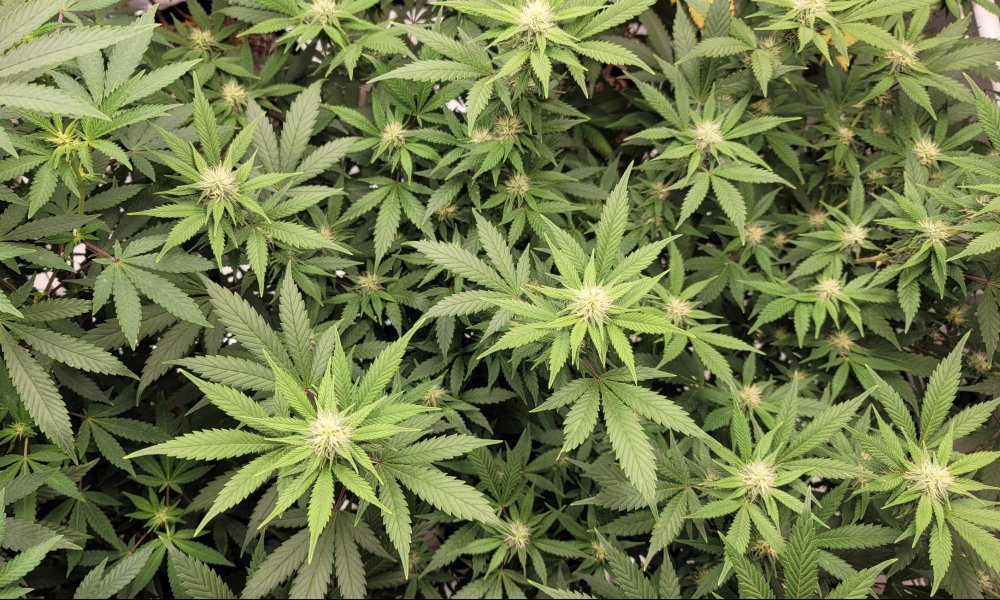Just weeks after Connecticut Gov. Ned Lamont (D) signed a marijuana legalization bill into law, the state’s newly formed Social Equity Council met for the first time on Thursday to discuss its approach to fostering a diverse, equitable cannabis industry that benefits those most harmed by the war on drugs. Among other agenda items, the 15-person group approved a list of geographic areas disproportionately impacted by the drug war, which will be used to determine eligibility for social equity business licenses. Under the state’s new cannabis law, half of all licenses must go to equity applicants, who may also qualify for lower licensing fees, technical assistance, workforce training and funding to cover startup costs. A portion of tax revenue from the eventual sale of legal cannabis—expected to begin sometime next year—is also set to be reinvested into communities in the affected areas. The impacted areas were determined through historical drug-related conviction rates and unemployment rates among U.S. Census tracts in the state. The 200 qualifying Census tracts across the state span 35 cities and towns. Together they account for about 23 percent of the state’s current population, noted local reporter John Craven, but are responsible for more than two-thirds of past cannabis convictions.
Ben Adlin, Marijuana Moment, 08/05/2021 12:21:00

